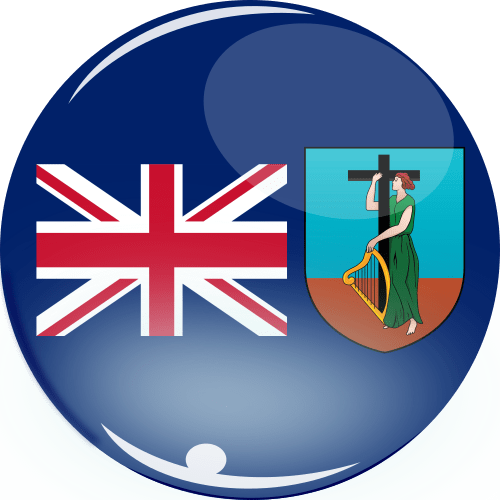Montserrat is set to launch one of the most critical activities as part of the 20 year Mountain Chicken Recovery Programme. A number of frogs will be introduced into a controlled environment where it is envisaged that the parameters that have been established would reduce the impact of the deadly invasive fungal disease called chytridiomycosis or chytrid.
Under the direction of Luke Jones, Mountain Chicken Project Coordinator, staff of the Department of Environment have spent many months establishing a facility to breed thousands of insects, in a secure facility, as a food source for the frogs. An enclosure to house the amphibians has been built and includes temperature controlled ponds; a world first initiative to control and kill the fungus.
Unlike previous introductions of the Mountain Chicken that were released directly into the wild, this fifth introduction will incorporate intense monitoring of the frogs confined to a controlled area. It is envisaged that the controlled environment will assist the Mountain Chickens to survive alongside the fungus, and maybe even develop a level of immunity to the deadly chytrid that has caused hundreds of extinctions worldwide.
Accompanying the frogs to the island will be a skilled team of officers from Durrell Wildlife Conservation Trust and the Zoological Society of London including zoo keepers, a scientist and a veterinarian. A Masters student from the University of West England who is also associated with the BBC will also be on island. Over the coming months, there will be further support provided by zoo keeper visits from Bristol Zoo, Chester Zoo and NordensArk.
The Mountain Chicken Frog –Leptodactylus fallax – is a critically endangered species currently known only to be present in Dominica and Montserrat. It is an apex predator and is important in the control of insect pests including roaches and crop pests. The species population was decimated about a decade ago as a result of the deadly fungal disease, chytrid.
Both islands have partnered with a consortium of international scientific partners to implement a 20year recovery plan which was launched in 2014.
